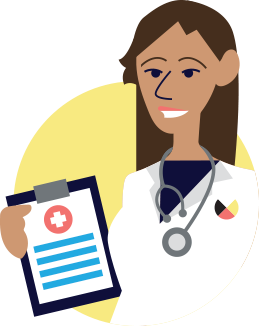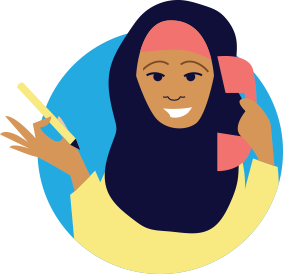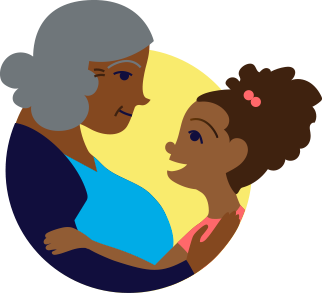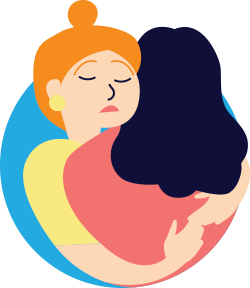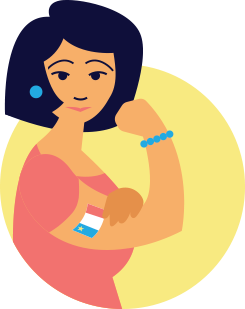Top Issues
We asked women to tell us
- The most significant issues that need to be addressed to improve the lives of women in New Brunswick as a group.
- The most significant problems they faced in their own lives as women in New Brunswick in the past 12 months.
Health
Within the issue of health, three main sub issues emerged: accessing mental health supports and services, accessing reproductive healthcare, and meeting basic healthcare needs.
Issues related to healthcare were also the most common answers to questions on what one thing could make the lives of New Brunswick women easier and what one thing could make participants’ own lives easier.
Of all respondents, 40% indicated that they were living with a mental health challenge and/or a physical disability. Of those, 74% said they were living with a mental health challenge, 9% were living with a physical disability, and 17% with both.
Of all respondents
Of the 40% above
- 74%Mental Health Challenge
- 9%Physical Disability
- 17%Living with Both
Economic Security & Employment
Women who discussed economic security and employment as a top issue did so in four main ways:
- 31%talked about poverty and meeting basic needs
- 26%specifically named pay equity
- 25%brought up employment-related concerns
- 18%described general concerns about wages, income, and financial security
Accessing & Providing Care
When women described accessing and providing care as a top issue, the following key areas emerged:
Access to affordable and quality child care
(as well as the impacts this has on economic security, employment and career trajectories, and health)Support for parents
(including financial, legal, and childcare support)Caregiving for family members or friends
(and the challenges related to work-life balance)
Safety & Violence
Click here for an info sheet with additional data and stories from women on this issue.
Of women who identified safety and violence as a top issue:
- 56%Had general concerns about violence
- 26%Specifically identified sexual violence
- 14%Specifically identified intimate partner violence
- 4%Had concerns about violence in the workplace
Gender Inequality & Discrimination
When asked if they’d experienced sexism or discrimination in the last 12 months, 67% of participants to who answered the question said yes.
* This quote was submitted in French and has been translated.

